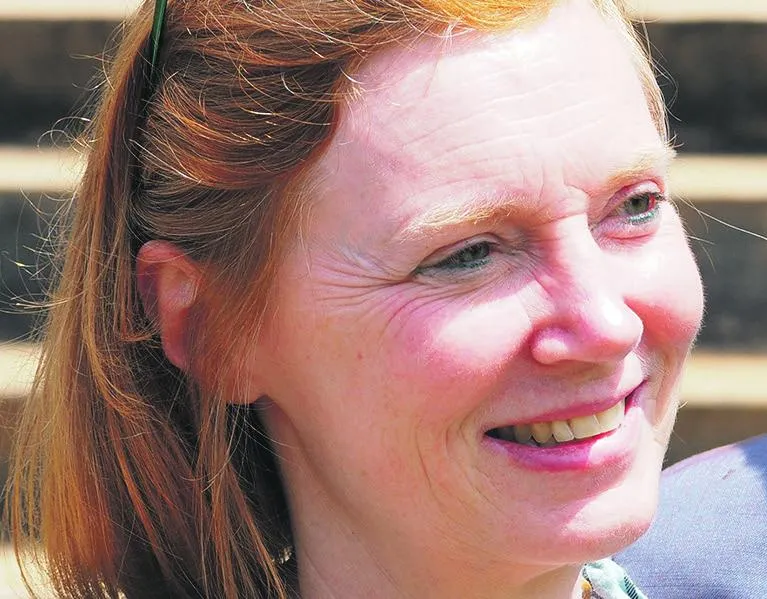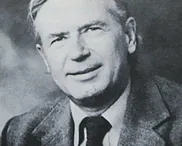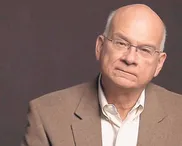Biography is perennially popular, one of the best-selling and most absorbing forms of historical writing.
Many biographies focus on the rich and famous, the movers and shakers, the politicians, warriors, celebrities and adventurers who have changed the world. But one of biography’s unique strengths is that it also allows marginal and neglected voices to take centre stage. Characters who are normally written out of the narrative step forward into the limelight. They may not have won great battles, led international campaigns, or created seismic shifts in global culture, but every life is fascinating and every voice has much to teach.
Last on God’s list
Clare Heath-Whyte specialises in biographies of the unfamous. Her newest book, Last on God’s List (2023), tells the story of Jason Armstrong, raised in urban poverty in the 1970s and 1980s on a council estate in south London. His name is unknown in the annals of national life, though he has a fat file with the Metropolitan Police. Born into a violent home, with a father in prison and a grandmother who ran brothels for the Kray twins, it is little surprise that Armstrong grew into a violent and angry adult. He dropped out of school at 13, began to abuse alcohol and drugs, and was frequently embroiled in brutal fighting. At 17 he was stabbed for the first time. At 26 he was sentenced to five years in prison for nearly killing a man at a party, stabbing him in the neck with a broken champagne flute and missing his jugular vein by three millimetres. Addicted to cocaine, with a chaotic home life and terrified by his encounters with the occult, Armstrong’s life spiralled out of control. He seemed likely to end up on the scrapheap, in an early grave, one of the forgotten.








